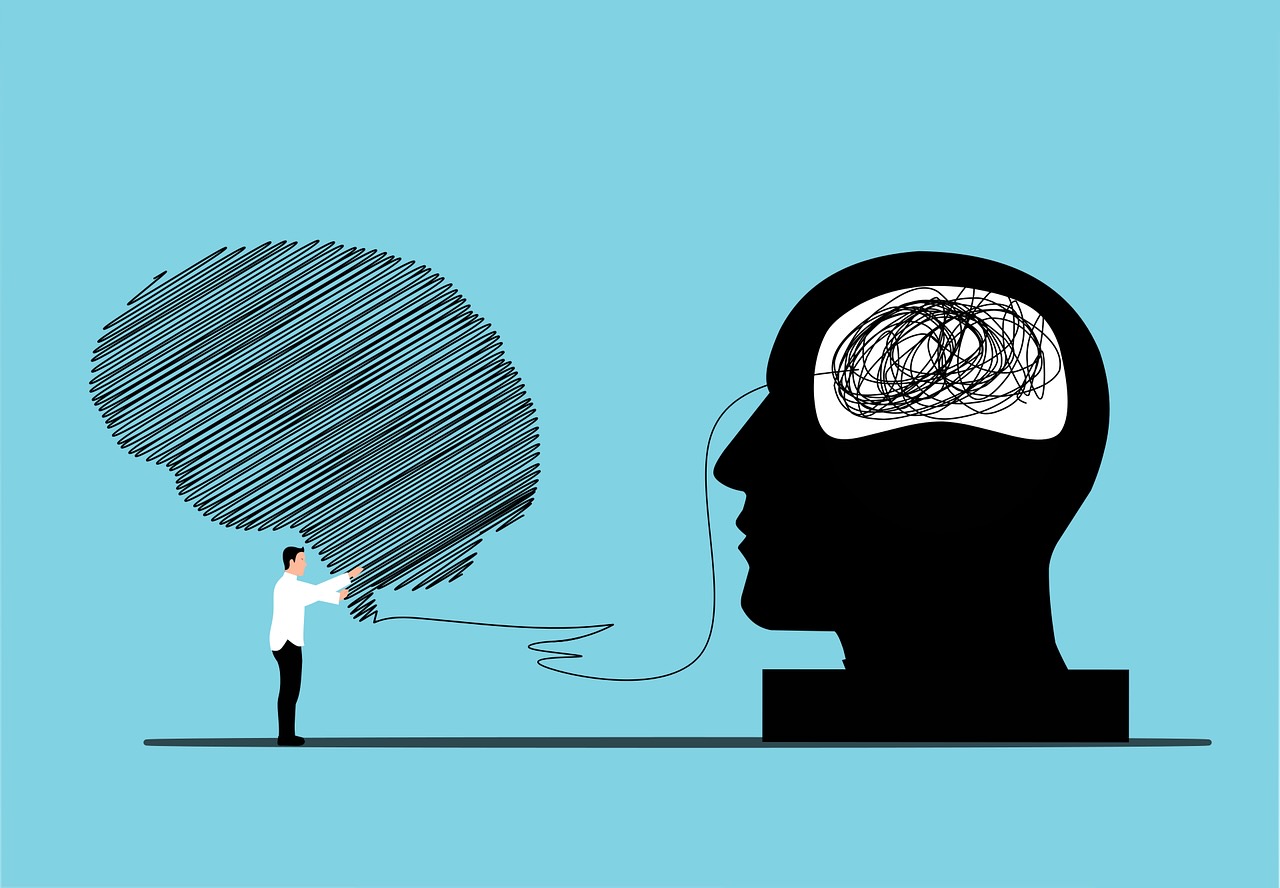Services
My approach is a combination of the modalities listed below. Every client is unique and presents a distinctive set of challenges, hence why a range of therapeutic approaches may be needed. It’s important to have an arsenal of tools a therapist can choose from based on the clients’ needs and abilities. As a therapist, I will use my expertise to determine what approach or combination of techniques would best suit a client’s personal growth.

Cognitive behavioral therapy also known as CBT is a psycho-social intervention that aims to improve mental health. CBT focuses on challenging and changing cognitive distortions and behaviors, improving emotional regulation, and the development of personal coping strategies that target solving current problems.
Cognitive behavioral therapy strives to restructure the brain by establishing new neural pathways via neutral thinking. The benefits of CBT have been championed by psychologists for decades. But now, new research suggests that CBT can not only change our thought patterns, it can literally rewire our brains. No matter how young or old the brain is, it never stops learning and developing. Therefore, we can change at any stage of our lives as long as the will is there.
Dialectical behavior therapy also known as DBT is an evidence-based psychotherapy that began with efforts to treat borderline personality disorder. There is evidence that DBT can be useful in treating mood disorders, suicidal ideation, and for change in behavioral patterns such as self-harm and substance use.
In addition, DBT has been adapted for other mental health problems that threaten a person’s safety, relationships, work, and emotional well-being.

Joe Dispenza

Person-Centered therapy is based on the belief that every human being strives for and has the capacity to fulfill his or her own potential, that each person has the capacity and desire for personal growth and change. The person-centered therapist provides clients with empathy and unconditional positive regard to help them facilitate change. The clients are in charge and in the driver seat of their therapeutic process. The therapist’s role is to offer support, guidance, and structure so that the clients can discover personalized solutions within themselves.

1 in 5 U.S. adults experience mental illness each year
1 in 25 U.S. adults experience serious mental illness each year
1 in 6 U.S. youth aged 6-17 experience a mental health disorder each year
50% of all lifetime mental illness begins by age 14, and 75% by age 24
Suicide is the second leading cause of death among people aged 10-34
Credit: National Alliance on Mental Illness

According to the National Institute of Mental Health, research shows that only half of those with mental illness receive care each year.
Mental health is an important part of our overall health and wellness. It affects how we think, feel, and act. Mental health is crucial in how we handle stress, relationships and emergencies.
People with pre-existing mental health conditions or substance use disorders may be particularly vulnerable in an emergency ( like a pandemic). Any mental health condition (such as depression, anxiety, bipolar disorder, or schizophrenia) can affect a person’s thinking, feeling, mood or behavior in such a way that it impacts their daily functioning. Symptoms can creep up at the most inconvenient times and it can affect one’s performance. These conditions may be situational (short-term) or long-lasting (chronic).
We are all unique and different. We are wired differently and therefore we all react differently to stressful situations. How you respond to stress during crisis can depend on your background, your social support from family or friends, your financial situation, your health and emotional background, the community you live in, and many other factors.
How I live out my passion as a therapist & help others:
I find a sense of fulfillment and belonging when walking alongside others in their journey. I understand that our journeys are unique and may differ from one another, but I deeply value the importance of having someone to journey alongside. Recognizing the need for and genuinely pursing therapy are two of the bravest things a person can do for themselves. I am the therapist that can be the cheerleader working alongside you; one that will celebrate your successes, while also holding you accountable to your goals. I look forward to connecting with you.
The process of discovering more about who you are is something to embrace and celebrate!
